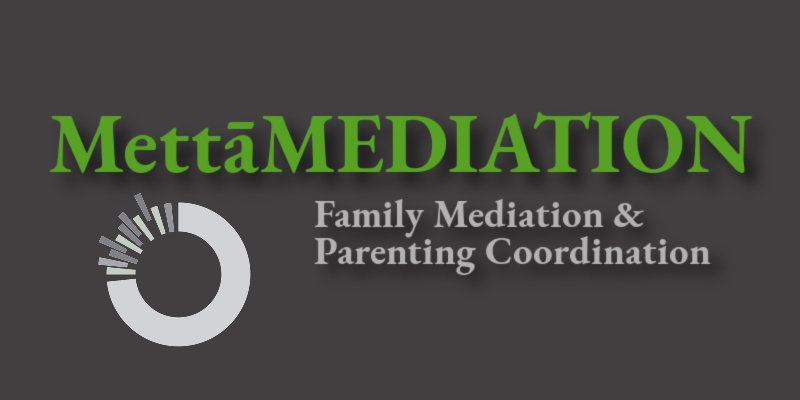Screening for Power Imbalance
I screen all individuals who contact MettāMEDIATION and express an interest in engaging me as their family mediator. From my perspective, screening for power imbalance is an indispensable and very necessary part of the mediation process. If the parties are represented, screening by their respective lawyers is also possible, provided those lawyers have the requisite and are comfortable undertaking the screening.
What is screening for power imbalance and why is it essential? Let’s go through the basics:
Question: What is screening for power imbalance?
Answer: It’s a confidential dialogue, one-on-one, between a potential party to a family mediation and the mediator, before the actual mediation begins. This dialogue, including questions posed by the mediator and answer provided by the potential participant in the family mediation, enables the mediator to determine whether the dispute is suitable for mediation. In the question and answer exchange, the mediator looks for signs of a power imbalance between the parties, whether physical, emotional, psychological, financial or other.
Question: Why is screening for power imbalance important?
Answer: Screening for a potential imbalance of power is not only important, it is absolutely essential when it comes to Family Mediation. Why? Because the foundational principle of a fair bargaining process is that parties come to settlement discussions, the negotiating table so to speak, based on self-determination and in positions of power balance. In other words, neither can have an advantage over the other, based on pressure or behaviour of any kind.
Domestic violence has many faces, some more subtle than others, but no less impactful. Power imbalance can also be based, for example, on having different economic resources and ability to earn an income. Physical and emotional threats are also examples of tools employed by one party over the other to perpetuate a power imbalance. Only thoughtful screening can alert the Mediator to a potential imbalance in the bargaining process. Power imbalance does not have to rise to the level of domestic violence to raise concerns about the fairness of the mediation process.
Not every example, or level, of power imbalance will automatically disqualify a dispute from family mediation. Safeguards CAN be put in place in some instances to further ensure that the parties come to the mediation in balanced positions - ready and, importantly, able to engage in settlement discussions in a fair and equitable way. Ensuring a disadvantaged party has legal representation is one such safeguard, and this may have to include that legal representative attending the mediation itself with their client.
#familymediation #mettamediation #powerimbalance
©AJJakubowska

